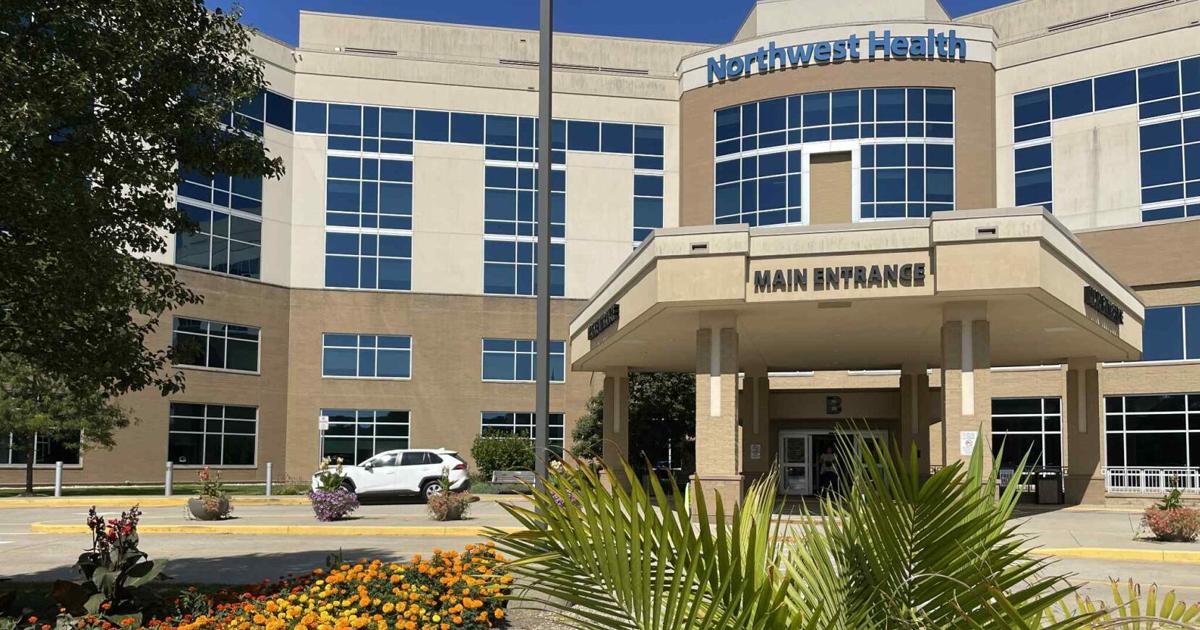Concerns about the operations and quality of care at Northwest Health – Porter in Valparaiso have escalated among both staff and patients. A recent column highlighted these issues, prompting numerous responses from former patients and current employees who shared their frustrations regarding the hospital’s performance and management.
Dr. Thomas Rohs, the interim CEO of Northwest Health – Porter, emphasized his commitment to fostering an environment of excellence. “The whole idea is to create an environment where you expect and support excellence,” he stated. Rohs oversees the hospital and its affiliated entities in Porter County, aiming to build a high-quality team equipped to deliver empathetic care while efficiently managing patient treatment.
Despite these reassurances, some staff members remain skeptical about the effectiveness of recent changes. A current employee expressed disillusionment, stating, “We have tried to plead with every new CEO upon arrival because they are ‘eager to listen and help,’ but nothing ever comes of it, so we gave up.” This sentiment reflects a growing frustration among employees who feel their voices are not heard.
A group of more than a dozen employees in direct-care positions has recently voiced significant concerns regarding the hospital’s operations and its ownership by Community Health Systems (CHS). Critics have pointed to the 2007 decision to sell the hospital to CHS, a for-profit entity, as a pivotal moment that prioritized profit over community health. Retired healthcare professional Pat Terrell, who has extensive experience in hospital administration, noted the challenges posed by corporate ownership: “Everything relates to the ability of the hospital to turn a profit. The lack of an effective hospital is a major issue for a growing community like Valparaiso.”
Terrell, who has deep roots in Valparaiso, was involved in founding Project Neighbors, which led to the establishment of HealthLinc, an organization focused on underserved populations. She raised concerns about inadequate staffing oversight and the quality of care, especially for uninsured or under-insured patients. “We all need to take this seriously,” she urged.
The critical feedback from hospital workers highlights a broader issue affecting healthcare systems in the region. Employees have expressed their fears regarding job security, with one stating, “Everyone is in fear for their jobs. We are forced to go home or not come in. They are slashing workers, and we work shorthanded.” Reports indicate that the hospital has undergone several leadership changes since the new facility opened.
While officials at Northwest Health – Porter have yet to respond to the latest complaints, Dr. Rohs acknowledged the challenges faced by his team. He mentioned recent efforts to recruit new doctors and nurses and fill leadership positions, expressing hope for future improvements. “This environment takes a long time to build,” he remarked.
Patient dissatisfaction is also on the rise, with individuals expressing frustration over administrative processes. One patient noted the repetitive nature of paperwork required at Northwest Health facilities, stating, “No other hospital within 100 miles is like that.” In response, Rohs indicated that multi-million-dollar investments have been made to upgrade the registration system, aiming for a more seamless patient experience.
The implications of hospital performance extend beyond individual patient care. According to a new report from the Indiana Hospital Association, Indiana hospitals serve approximately 640,000 inpatients and 2.6 million emergency department patients annually, contributing over $63 billion to the state’s economy through jobs and spending.
As the hospital navigates its transitional phase, the concerns raised by staff and patients underscore the urgent need for effective leadership and operational changes. The health of local hospitals plays a crucial role in the well-being of communities, and the ongoing dialogue about care quality and management will continue to be vital.
In future articles, the focus will shift to exploring these issues further, including insights from direct-care professionals dedicated to improving the hospital’s image and operations. The commitment of these individuals to providing quality care remains a beacon of hope amid the ongoing challenges at Northwest Health – Porter.
